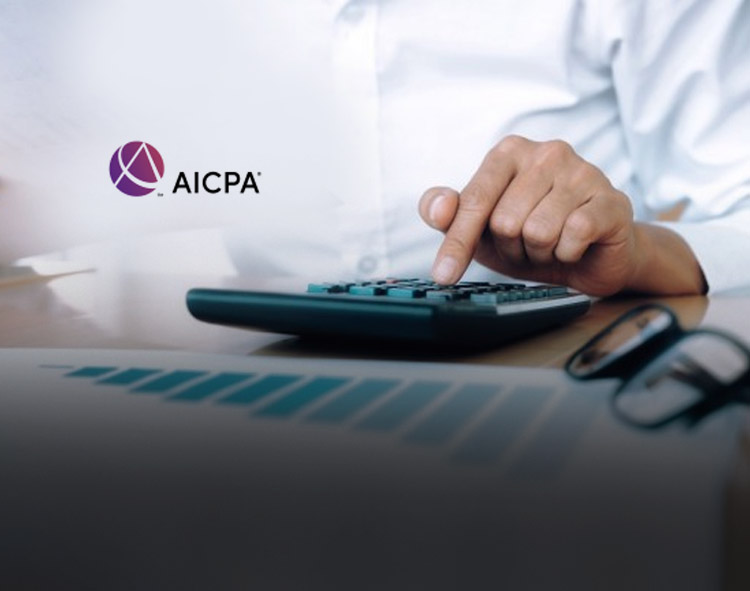Establishing an emergency fund is the most important step Americans can take to prepare for a potential sharp economic downturn with over half (57 percent) of CPA financial planners identifying it as the top priority, and 84 percent including it in their top three. This according to the AICPAs Personal Financial Planning (PFP) Trends Survey, conducted May 5th through May 26th, 2020.
Read More: GlobalFintechSeries Interview with Brandon Dewitt, Co-founder and CTO at MX
“As many Americans experience layoffs and economic uncertainty due to the COVID-19 pandemic, it’s an unfortunate reminder of the importance of planning for a downturn even when the economy is doing well.”
In the last two decades, Americans have experienced the Dot-Com bubble and the subprime mortgage crisis which led to the Great Recession. Now, they are enduring the economic shock brought on by the COVID-19 pandemic, which interrupted a period of record low unemployment and a booming stock market.
“CPA financial planners work with their clients to develop plans that fit their personal situation and manage them through good and bad economies,” said Dave Stolz, CPA/PFS, Chair of the AICPA Personal Financial Specialist Credential Committee. “As many Americans experience layoffs and economic uncertainty due to the COVID-19 pandemic, it’s an unfortunate reminder of the importance of planning for a downturn even when the economy is doing well.”
Read More: SIMON Markets LLC and Raymond James Launch New Strategic Partnership for Annuities
Establishing an emergency fund was overwhelmingly the most frequently cited step to prepare for a potential sharp economic downturn, included in 84 percent of CPA financial planners’ top three. Paying off high interest debt (53 percent), reflecting on lifestyle and priorities (49 percent), and reviewing your investment portfolio for risk tolerance (47 percent) were the next highest priorities. Establishing a ‘crisis’ budget of essential bills (30 percent) rounds out the top five.
|
Top 5 Steps to Help Recession-Proof Finances |
|||
|
Step to take |
|
|
% of CPAs who recommend in Top 3 |
|
1. Establish an emergency fund/cash cushion of 3 or more months of expenses |
84% |
||
|
2. Pay off high interest debt |
53% |
||
|
3. Reflect on lifestyle and priorities |
49% |
||
|
4. Review investment portfolio, including retirement accounts, to ensure they match current risk tolerance |
47% |
||
|
5. Establish a ‘crisis’ budget of essential bills |
30% |
||
Read More: Blockchain Valley Ventures Launches Virtual Deal Marketplace for Startup Funding
